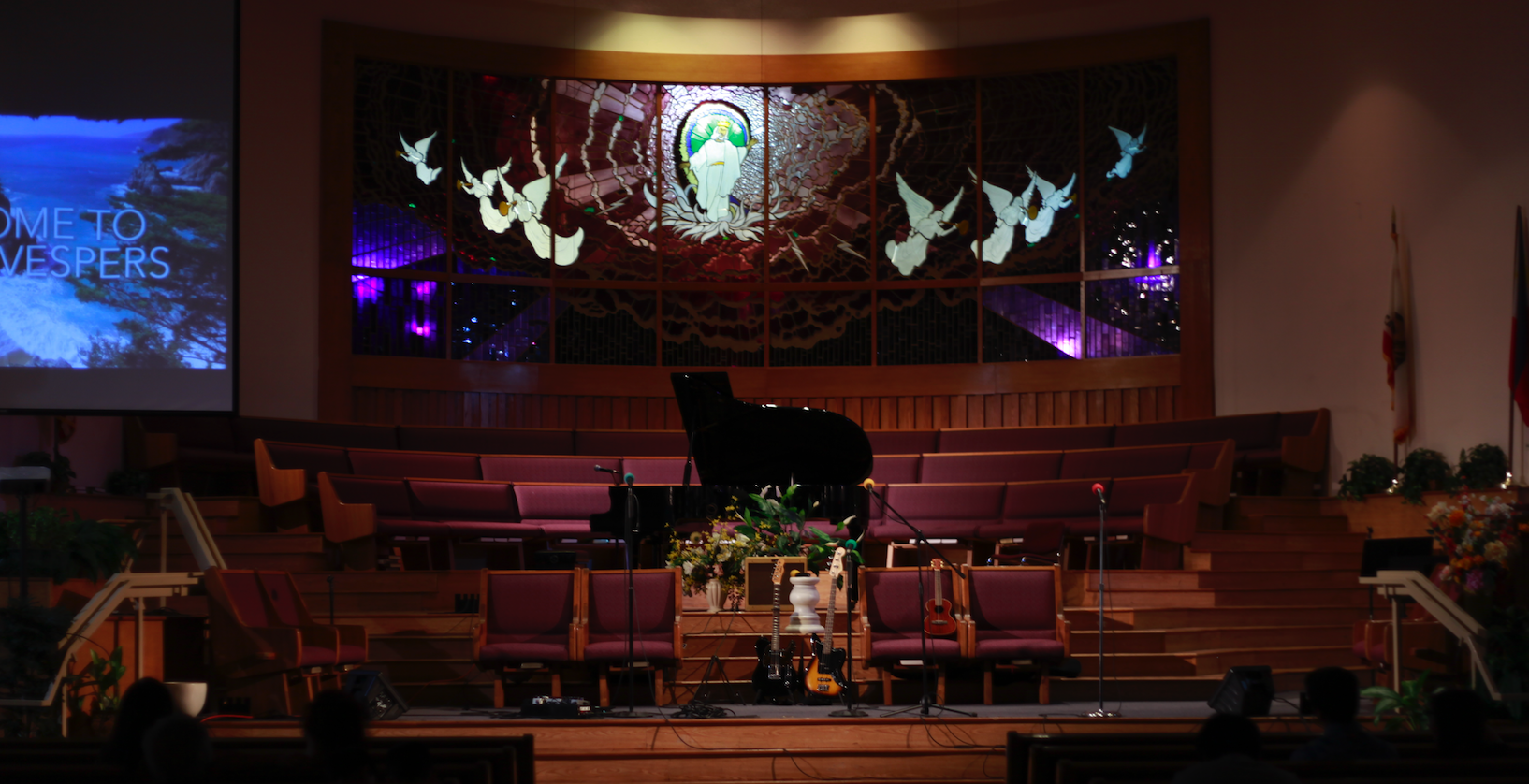Years ago in Scotland, the Clark family had a dream. Clark and his wife worked and saved, making plans for themselves and their nine children to travel to the United States. It had taken years, but they had finally saved enough money and had gotten passports and reservations for the whole family on a new liner to the United States.
The entire family was filled with anticipation and excitement about their new life. However, seven days before their scheduled departure, the youngest son was bitten by a dog. The doctor sewed up the boy but hung a yellow sheet on the Clarks’ front door. Because of the possibility of rabies, they were being quarantined for fourteen days.
The family’s dreams were dashed. They would not be able to make the trip to America as they had planned. The father filled with anger and disappointment, stomped to the dock to watch the ship leave – without the Clark family. The father wept and cursed both his son and God for their misfortune.
Five days later, the tragic news spread throughout Scotland – the mighty Titanic had sunk. The “unsinkable” ship had sunk, taking hundreds of lives with it. The Clark family was to have been on that ship, but because the son had been bitten by a dog, they were left behind in Scotland.
When Mr. Clark heard the news, he hugged his son and thanked him for saving the family. He thanked God for saving their lives and turning what he had felt was a tragedy into a blessing.
At times, we lament our misfortune when things happen or don’t happen according to our plans and desires. But we need to remember that life is in constant motion and we must hold off giving our verdict until the real life drama has fully unfolded. For all we know, the bitter experiences in life are God’s way of preserving us and getting us ready for something more glorious than what we have ever imagined. We see them as tragedies but God intends them to be blessings for us. The Scriptures say “We know that all things work together for good to them who love God…for them who are the called according to His purpose (Romans 8:28).

